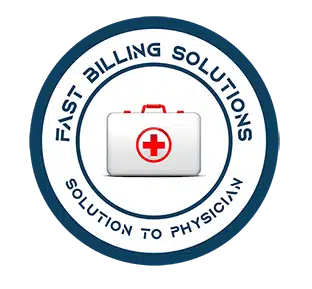Medical credentialing holds significant importance for healthcare facilities to function properly. Without professional credentialing services, healthcare professionals working in a facility cannot treat patients or perform specific tasks. Credentialing also plays a key role when it comes to payor contracts. Insurance providers have lists of essential credentials that providers must fulfill to treat patients. They also have lists of credentials to reimburse providers.
How Do Professional Credentialing Services Work?
When credentialing providers in a healthcare facility, it is necessary to ensure that providers are legally known as LIPs. It is essential to take a look at the merits of all LIP training and education from initial sources. Usually, this process revolves around so many documents.
Let’s take a quick look at the common information asked from the provider:
- Name, DOB, mailing address, ethnicity, gender, and other details.
- Citizenship information and SSN (social security number).
- Certificates of controlled substances (in a few states).
- The latest photograph
- Residency proof
- Record of medical school or other certificates of healthcare training.
- A recent CV
- Specialties and licensing
- NPI (National-Provider-Identifier) number, password, and username.
- Board certification
- Peer references
- History of malpractice claims
- Medical group and/or hospital affiliations
- Disciplinary actions or sanctions
- Pro liability insurance proof
- Counting documentation of medical education
Healthcare facilities acquire the above information about medical practitioners. After that, they get in touch with pertinent licensing agencies, other organizations, and medical boards to verify this information. After reviewing this information, the healthcare facility assigns professional credentialing services to providers. Credentials ensure that providers have the essential proof of their capabilities for working in their medical role.
Some examples of assigned credentials include certificates, official letters, identification cards, and badges. The process of medical credentialing can be tiresome. The facility needs to spend a lot of time on it. Usually, it takes 60-180 days or even more for completion. This is why outsourcing professional credentialing services is the right approach.
You May Also Read: 5 Traits of Expert Medical Billing Companies
